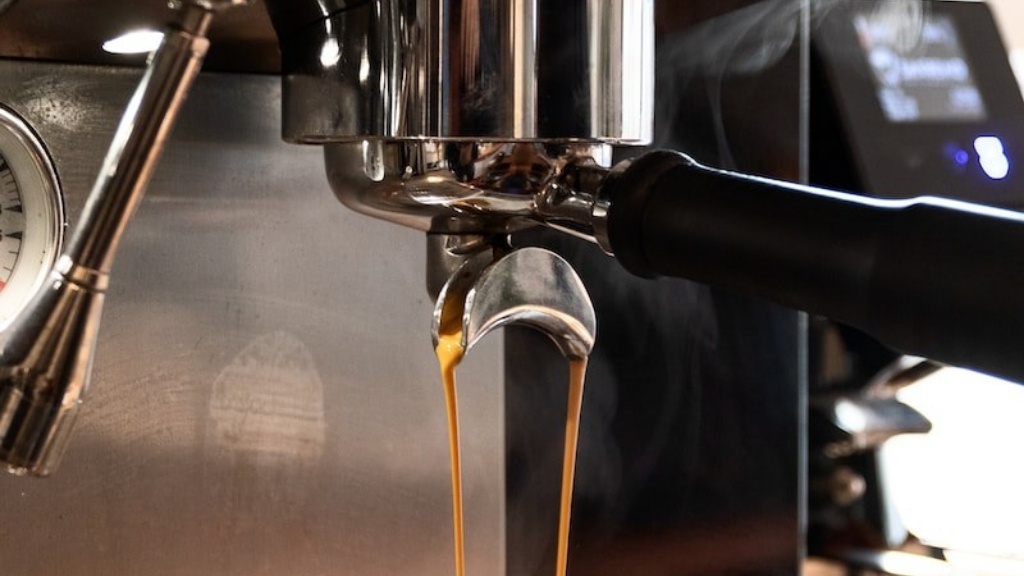What is Lupus?
Lupus is an autoimmune disease, where one’s own immune system attacks body cells, tissue, and organs which leads to inflammation and tissue damage. Common areas impacted by this disease are the skin, joints, blood, and kidneys. The body’s production of antibodies and white blood cells are misdirected, where they directly attack the healthy tissues.
Due to the inflammation caused by lupus, the symptoms may vary from one person to another. Such symptoms may include joint pain, extreme exhaustion, anemia, headaches, and chest pain. Lupus can accelerate quickly, and fatalities are not unheard of, so it is important that patients deal with the symptoms carefully.
Coffee, Sleep and Lupus
Due to the inflammation, fatigue, extreme exhaustion and pain caused by lupus, it is likely that the patient’s sleep schedule will be disrupted. Chronic fatigue can impair energy, where simple acts seem difficult to execute. Dr. Rohit Kaushik, an internationally recognized lupus expert, insists that it is important to keep the body well-fed but avoid high calories and sugars. He recommends eating a balanced diet, supplementing it with vitamins, minerals, and probiotics, and drinking plenty of water. He also insists that avoiding caffeine can impact the patient’s sleep cycle positively.
Dr. Kaushik explains that it is important to find a balance when dealing with sleep deprivation due to lupus. He explains that, “Though reducing caffeine intake and avoiding late night snacks can help lupus patients who are struggling to sleep at night, it is important to supplement the day with alternatives.” Dr. Kaushik says that apart from switching to decaffeinated coffee, avoiding aerated drinks, high sugar intake, and going for walks in the open can also help in elevating energy levels.
Caffeine and Lupus
Caffeine can be found in coffee, tea, energy drinks, and in some medications too. It is a well-known stimulant and when consumed, caffeine triggers the body to release “feel good” hormones, increases alertness and arousal, and gives one a temporary energy boost. Dr. Kaushik warns that consuming too much caffeine can step up the immune system abnormally, cause dehydration, and drastically reduce vital nutrients in the body. He warns that if patients are suffering from extreme exhaustion as a result of lupus, they ought to stay away from caffeine.
Dr. Kaushik suggests that when someone suffers from lupus, they should take precaution and reduce their caffeine intake, particularly late in the day. He explains that one should never give up on coffee completely, however, people should reduce their intake and switch to decaffeinated coffee if required. He says, “In addition to closely monitoring caffeine intake, it is important to monitor vital nutrients, as lupus causes damage to the internal organs.”
Drinking Coffee with Lupus
Lupus affects people differently, depending upon the severity and their level of energy. Hence, when it comes to drinking coffee with lupus, it is essential for each person to understand the condition of the disease and to take proper medical advice. Some registered dietitians suggest avoiding caffeine, whereas some doctors believe that patients can continue to drink coffee regularly – i.e., two to three cups per day.
Most lupus patients understand that one cup of coffee every day is not harmful. But if they experience an increase in symptoms, they control their diet and adjust consumption accordingly. For example, if they feel their symptom intensifying, they should switch to decaffeinated coffee, and then gradually reduce their intake.
Does drinking coffee help in dealing with lupus?
Though coffee may give temporary relief to lupus patients, it could trigger a response that can destabilize their immune system. Caffeine raises the levels of adrenaline and can give short term relief from exhaustion. But it causes dehydration and lack of energy throughout the day. Over-reacting to the caffeine can ultimately cause even more exhaustion and pain. Furthermore, the caffeine salts can lead to a decrease in iron and other essential metals.
Apart from the short term effect, caffeine will also cause a dependable change in behavior. The daily caffeine intake can lead to mood changes, restlessness, and an increase in stress levels. Though these effects may seem small on their own, when combined with lupus, they can be detrimental and accelerate the rate of destruction.
Pain Management through Diet
The right kind of diet can help alleviate pain caused by lupus: Dr. Kaushik advises that the dietary selection should include more of dairy products, nuts, spinach, and other leafy greens, bananas, and lean meat. Additionally, healthy fats such as omega 3 fatty acids and fish should be added to the diet. Though the diet should be high in protein, it should also avoid excessive fat intake to maintain the energy levels.
Dr. Kaushik also notes that eating regular meals is important for lupus patients. He says, “When lupus patients experience increased pain and inflammation, it is essential that they regularly have snacks or small meals. Keep snacks handy and eat them several times throughout the day.”
Supplements and Rest
Dr. Kaushik also suggests that, apart from diet optimization, lupus patients should also try and get enough rest, sleep, and relaxation. He says, “Lupus patients should also supplement their diet with probiotics, omega 3 fatty acids, and minerals such as zinc and magnesium, as these will help in reducing inflammation and increasing immunity.”
He also insists that extreme fatigue and physical exhaustion which often accompany lupus, can be addressed by tracking the patient’s sleep and rest schedule – and making sure that adequate rest is taken every day.
Investigating Sleep Cycles
Dr. Kaushik says that investigating sleep cycles and patterns is integral to accurately understand and address lupus. He suggests utilizing apps and devices to monitor the lupus patient’s sleep. He says, “Monitoring trends over periods of time will provide the patient with a better understanding of the disease, how it is impacting the body, and how it can be addressed correctly.”
However, he cautions that technology should be used responsibly, as it is understood that the data and information collected through technology become public property once shared – it is important to read the fine print and maintain privacy. To achieve privacy in monitoring sleep cycles, utilizing a trusted medical device is the best option.
Conclusion
In summary, though coffee can be consumed by lupus patients, those patients much be aware of the high levels of caffeine. They should monitor their intake, sleep cycles, rest and relaxation, and supplement their diet with probiotics, omega 3 fatty acids, and minerals. Lupus patients must also always make sure to get enough rest and relaxation. Technology such as apps and trusted medical devices can also be utilized in monitoring sleep cycles and aid in understanding the disease.




